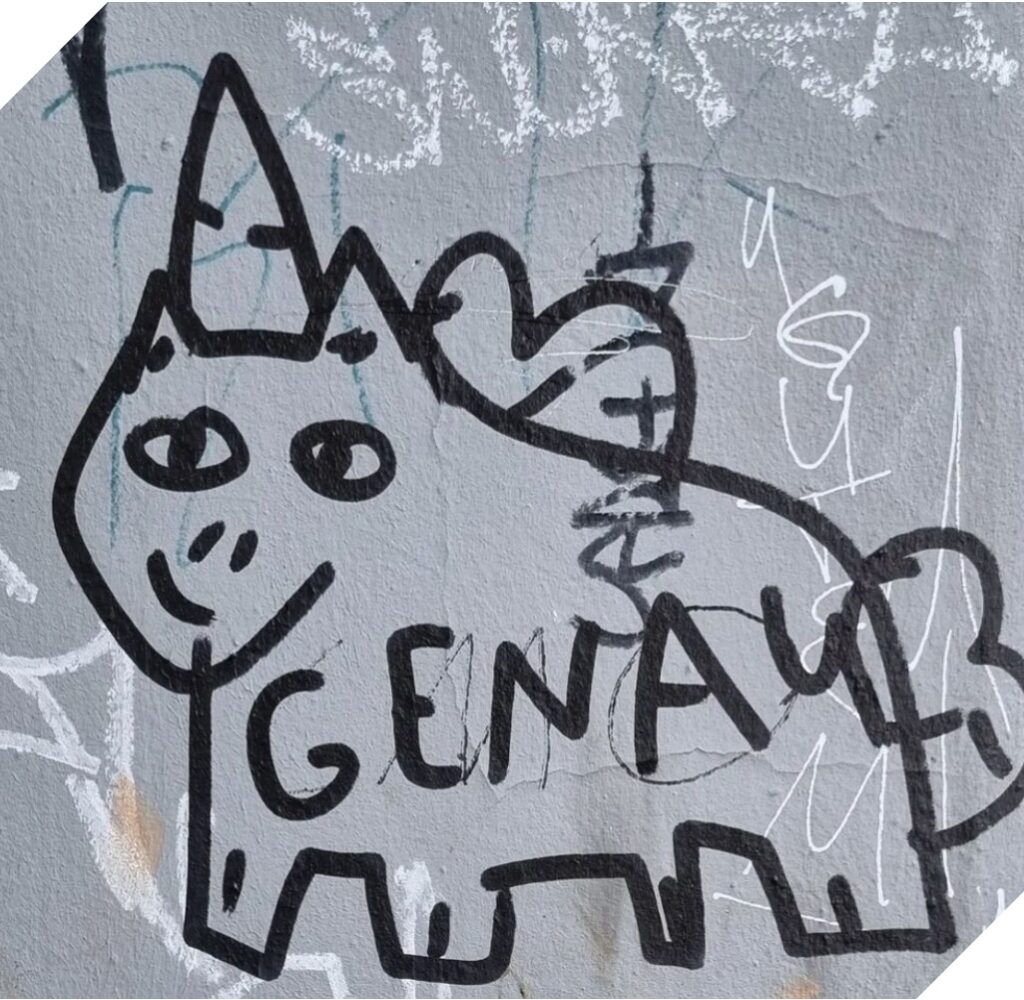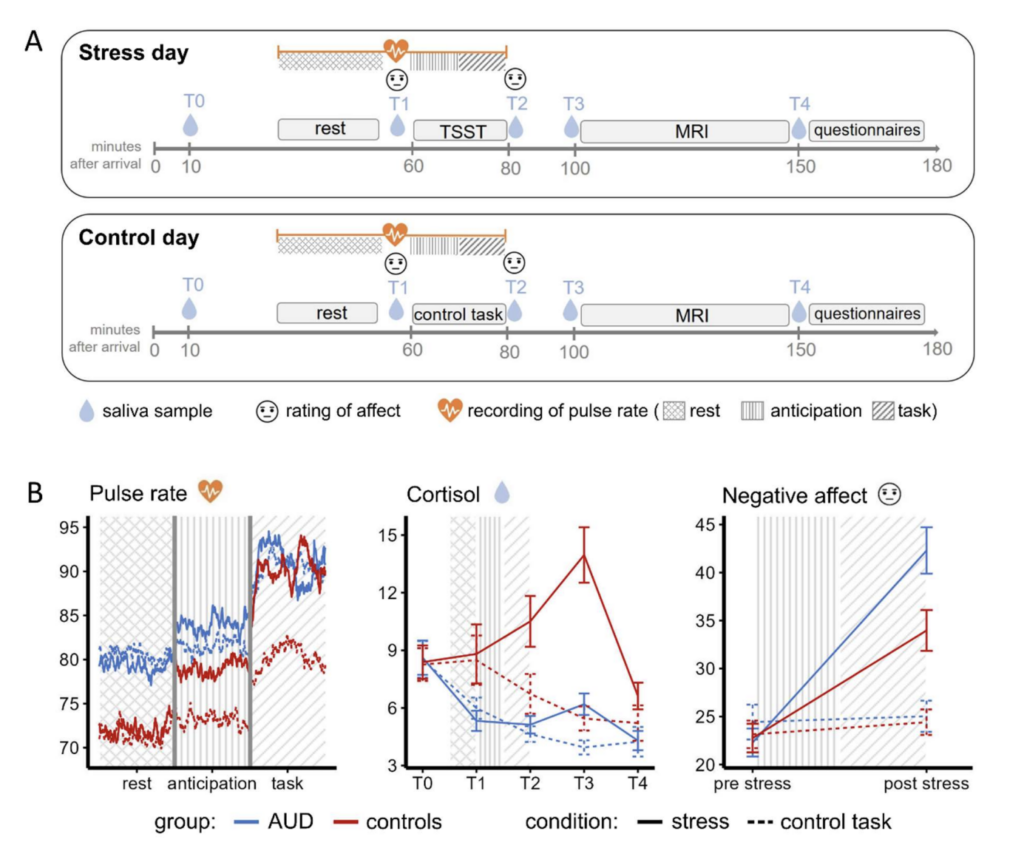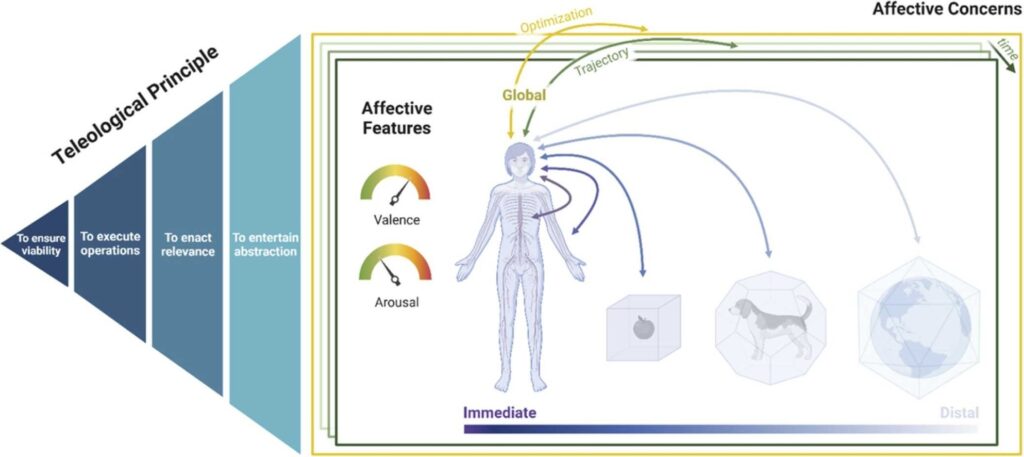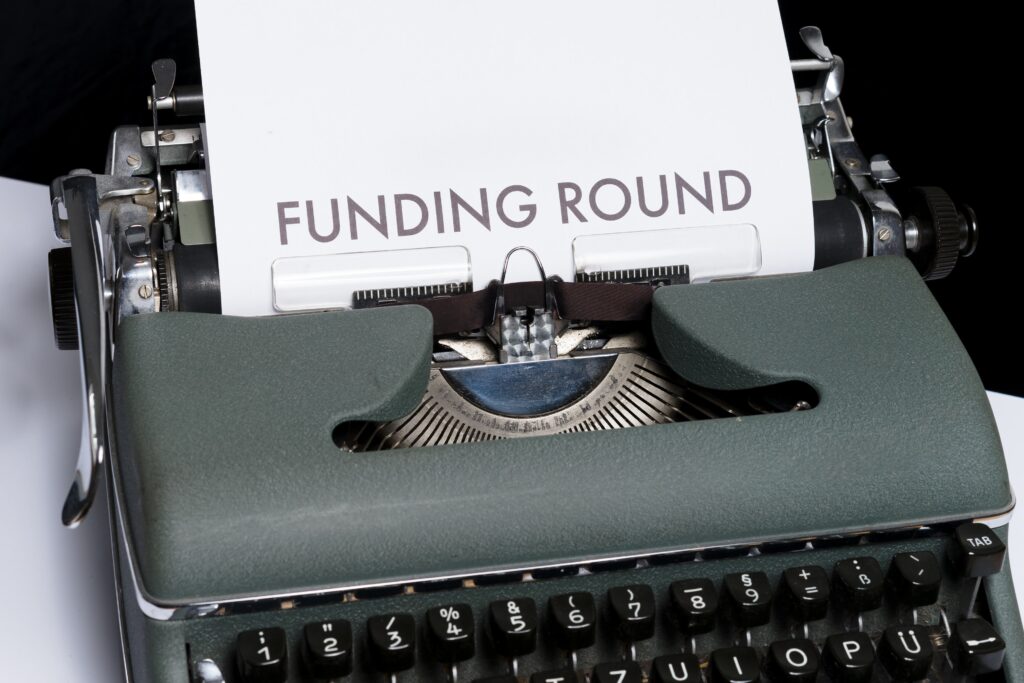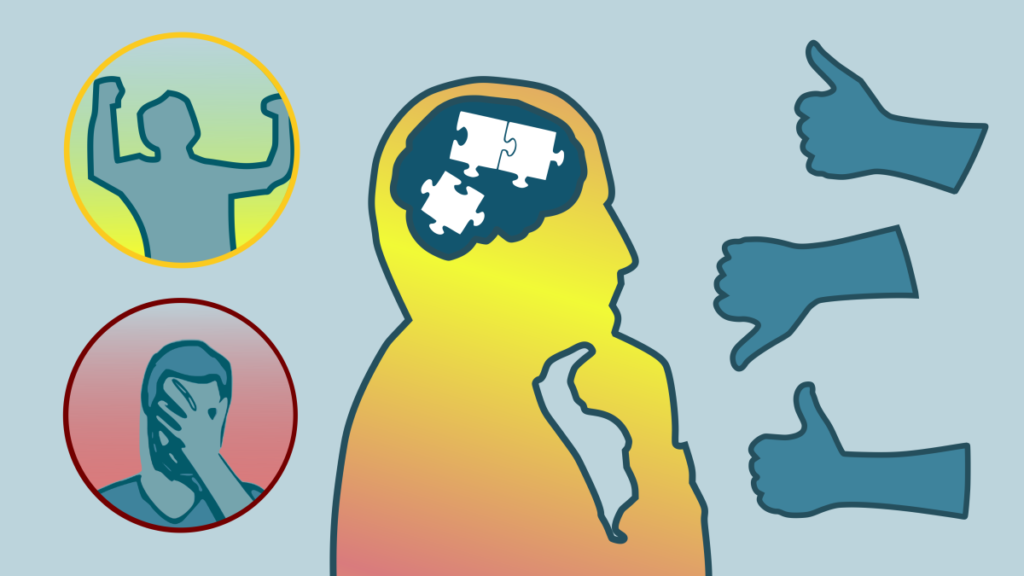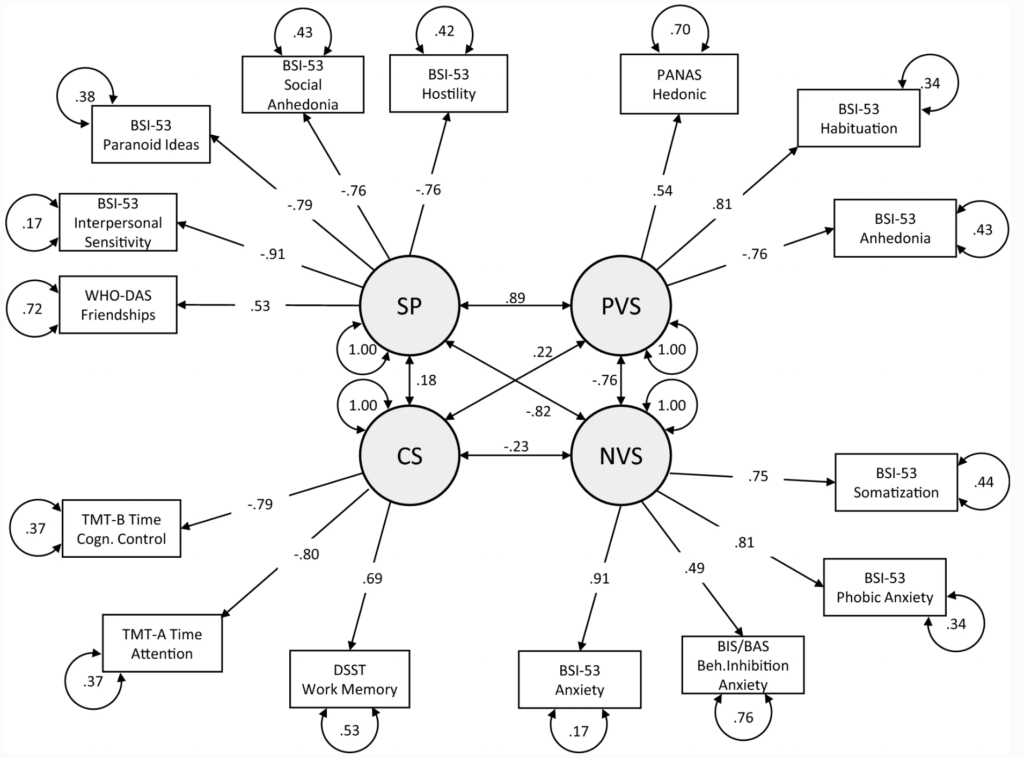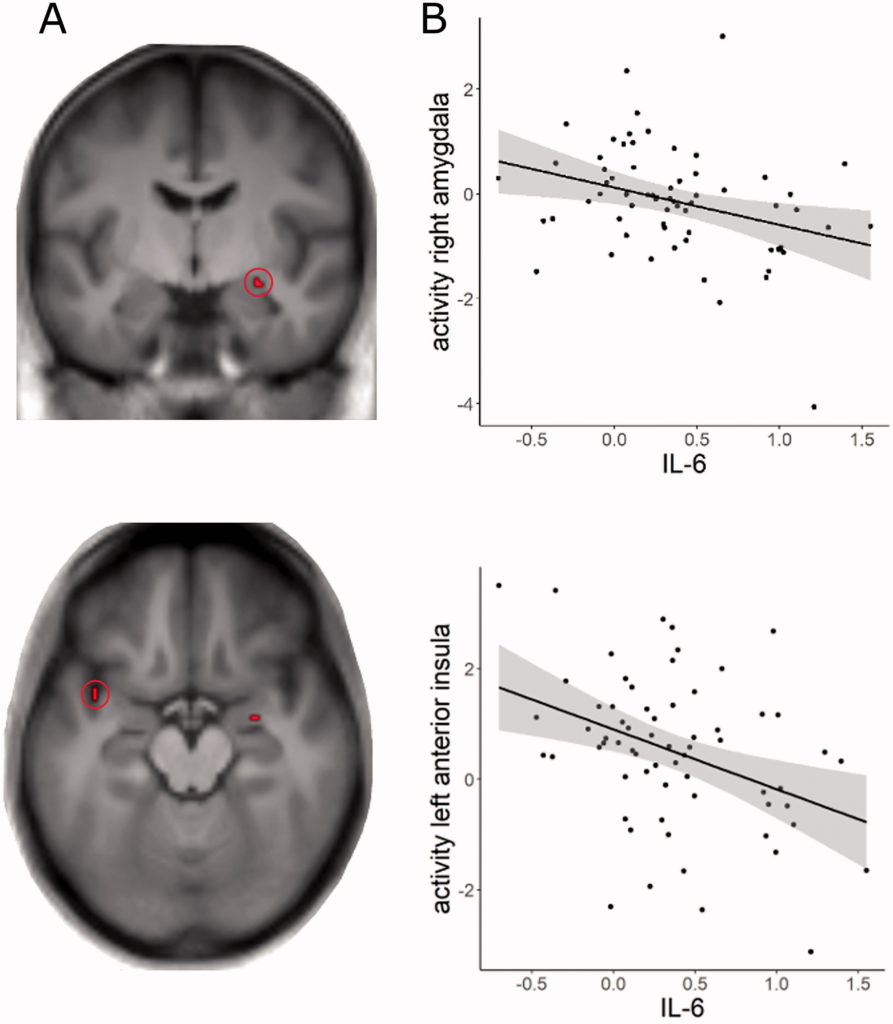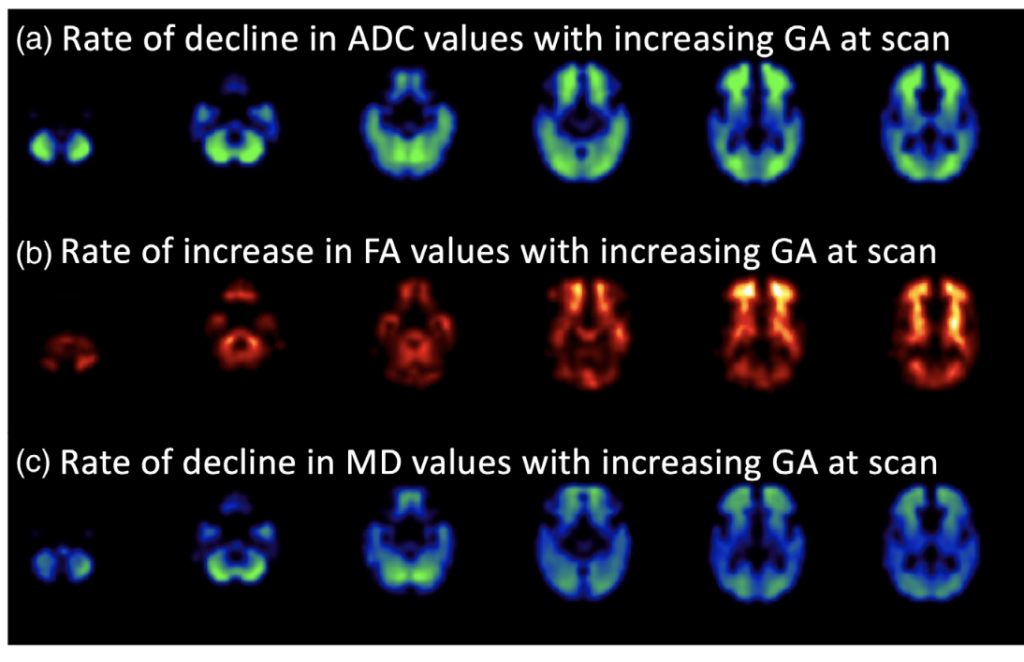Computational modeling shows confirmation bias during formation and revision of self-beliefs
Abstract Self-belief formation and revision strongly depend on social feedback. Accordingly, self-beliefs are subject to (re)evaluation and updating when facing new information. However, it has been shown that self-related learning is rarely purely information-driven. Instead, self-related learning is susceptible to a wide variety of biases. Among them is the confirmation bias, which can render updating […]
